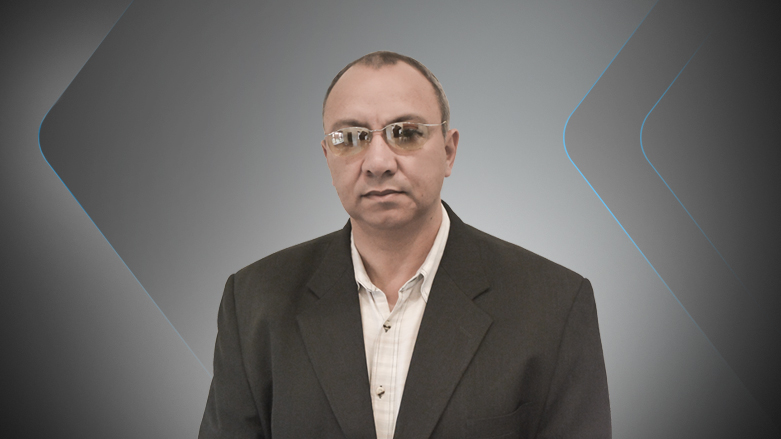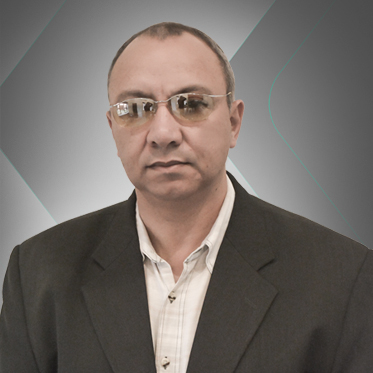Kurdish intellectuals flip the switch: Coup d'état in Turkey

The recent coup in Turkey caught most people unawares, including the local AKP Party led by President Erdogan.
Turkey is considered a manufacturing giant in the Middle East. This productivity has the effect of affording its citizenry a better lifestyle than most countries, including those with large oil revenues. The above statement holds true when one considers the support that Erdogan received only hours after the coup started.
According to Erdogan, the brain behind the coup is the expatriate Fetullah Gulën. Very few people in the West have heard of this individual. But let us first situate Turkey politically in this analysis.
First, if Turkey has instability, then its trading competition may benefit. Second, the PKK may benefit. Third, ISIS benefits with perhaps fewer air strikes. Lastly, if Gulën has political aspirations, then he has better chances.
I would like to focus on the last option – Fetullah Gulën and his Hizmet organization. One may argue that in a secular Turkey, the potential of an Islamic fundamentalist onslaught is minimal.
There are a few experiences that help shape my understanding of the position of the Gulën movement that contributes to my analysis.
In 2008, there was an international survey done via the Internet that asked; whom would you vote for as the most successful public intellectual? I was surprised when the results revealed the name Fetullah Gulën.
Then in 2008, I was invited to attend a breakfast meeting held by a Turkish group in Cape Town. After a cup of tea, I was offered a free trip to Turkey. I turned down the offer due to my teaching load. Later that year the same organization invited me to a Said Nursi conference. At this rather posh conference, the agenda was carefully steered by Turkish men in suits from the Fetullah Gulën movement.
It was evident that the movement had a cultural-religious agenda and that Said Nursi, the 19th- century Kurdish-Ottoman scholar, was promoted with religious sacrality. A few months later, I was again invited by the same group for a function to celebrate the birth of the prophet of Islam. No cost was spared; women received red roses and men boxes of Turkish delight delicacies. The speakers were well-known politicians, academics, and clerics from various religious denominations including Sheikhs, Rabbis and Priests.
The PowerPoint presentation led us to believe that it was in honor of Said Nursi and the Gulën movement albeit under the guise of the Prophet’s birthday.
In an analysis of the importance of this organization, it is perhaps significant to go back to the 19th century when the Ottoman intellectuals were bent on eliminating Arabness and Islam from the constructed realities of the future modern Turkey. We think of early contributors such as Zia Gökalp and later Mustafa Kamal Atatürk. Their goal was to move the people back to Turkic roots rather than the Islam and Arabic ones of its Ottoman construction.
Later in their history, we witness the creation of modern Turkey with strong state intervention in economics. Part of becoming a Turkic nation was a diminution of Kurdish ethnicity that was ubiquitous in large areas of the new Turkey after 1918.
Many stories are told of oppression of the Kurds and the insistence on the Turkish language at the expense of Kurdish and its many dialects.
A move towards secularism by the elites may have neglected the religious needs of the masses especially so in a country like Turkey with vast rural landscape and history of religious intellectuals.
This intellectual religious component is especially relevant in the outlying regions of the old Ottoman Empire where a high number of Kurdish-speaking religious scholars were elected to spread Islam and Ottomanism to other parts of the world.
In 1862 for example, the Ottoman-Kurdish scholar Abubakr Effendi was sent to South Africa while at the same time foster good political relations between the Ottoman sultan and the Cape government. Said Nursi is another of these educated Kurdish elites from Erzurum. Incidentally, this is also the area where Gulën was raised and educated.
I argue that the religious void left by the modern Turkish state has been partly filled by the Gulën movement and its charismatic figures—Said Nursi and Fetullah Gulën. Perhaps, it is a new form of Islam, entirely Turkic, in the imagery of Zia Gökalp and Mustafa Kamal Ataturk.
In summary, there are many thousands of soldiers and generals in the modern Turkish army that pay allegiance to the sacred rituals of the Gulën movement and their high priest Said Nursi. One can liken this to a building where the electrical wiring is laid but remains impotent until one day the chief architect flips the switch.
Rashid Begg is a Professor of Sociology from South Africa; previously he was the Dean of Social Sciences at the University of Kurdistan – Erbil (UKH).
The views expressed in this article are those of the author and do not necessarily reflect the position of Kurdistan24.
Editing by Delovan Barwari
